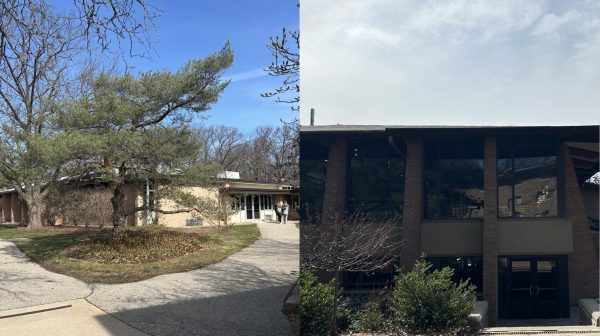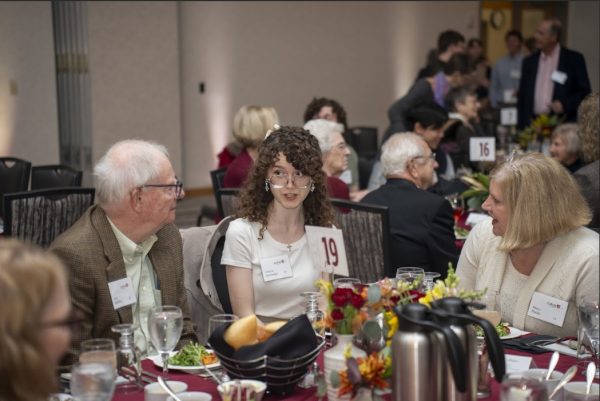With expanded vaccine access, hope for fall returns
As vaccines become more widely available and trust in them increases, a COVID-free fall seems within reach.
On Mar. 3, the Michigan Department of Health and Human Services announced that eligibility for COVID-19 immunizations will expand this month.
Individuals 50 and older who have medical conditions or disabilities will be eligible on Mar. 8. Caregivers of people in this category will be eligible, as well as guardians of children with special health care needs. On Mar. 22, all Michigan citizens 50 and older will be eligible. Many Calvin professors will be eligible in this category.
Michigan will obtain 82,700 doses of the Johnson & Johnson vaccine this week. The Johnson & Johnson vaccine, which has been approved for emergency use in the US, has a 72% efficacy rate and requires just one vaccination. Kent County’s Fuller Clinic is open for appointments and qualifying individuals can make an appointment here.
A COVID Response Team email update sent on Mar. 9 addressed these developments. “While we are still working with the Kent County Health Department to determine what that means for our community,” the CRT wrote, “these guidelines give us continued hope as we look to the future.”
According to an EPIC-MRA poll of Michiganders released in February, 80% of Michigan Democrats and Independents plan to receive the vaccine when they become eligible. However, only 46% of Republicans say they plan to receive it.
Calvin biology professor Anding Shen recently wrote a column in The Banner titled “A Christian Perspective on COVID Vaccines,” encouraging Christians to participate in vaccine rollout.
“When we take the vaccines,” Anding wrote, “we not only protect ourselves, we also help to build immunity in our communities, so that others are protected as well.”
The ongoing success and availability of the three approved COVID vaccines have strengthened optimism about next fall. “We are confident that we will be able to increase classroom and dining hall density,” the COVID Response Team wrote, as well as provide “a more regular residential housing and student activities experience.” According to the CRT, Calvin also hopes to host in-person lectures, concerts, events and chapels and permit fans at athletic events.
Professor Debra Rienstra, who recently received the first dose of the vaccine, said she looks forward to “feeling safer and easing back into more normal activities” and is “hopeful that fall semester will bring a return to regular classroom learning and to most of the activities that create our normally lively campus atmosphere.”
Biology Professor David Koetje said he is “cautiously optimistic about the prospects for getting back to a “new normal” next semester,” due to increased vaccination rates, which help bring the country closer to achieving herd immunity and help prevent the evolution of new variants. Koetje said he remains concerned about the effects of pandemic fatigue, ineffectual deployment in disadvantaged regions, and lack of understanding about the broader environmental implications of the pandemic.
“Humanity has not yet come to grips with the fact that coronavirus is a zoonotic disease brought on by environmental degradation and human encroachment into wildlife habitat,” Koetje said, “This is likely how it jumped from bats into humans. There’s a new field called One Health that studies these kinds of environment-animal-human interconnections and the steps we can take to reduce such threats.” According to Koetje, Calvin’s Environmental Health and Conservation major is designed to prepare students for careers in this field.








